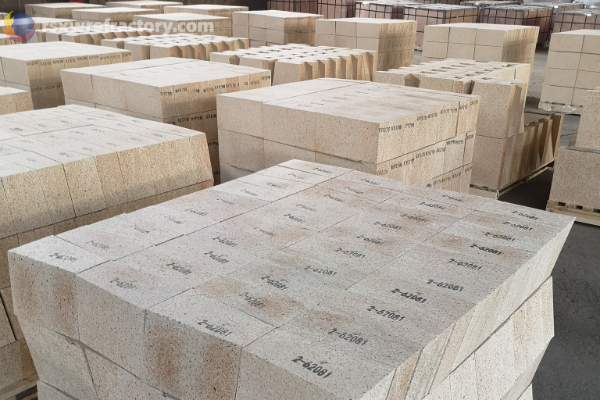The evolution of material technologies has become a transformative factor across various industries. Innovative materials are not only enhancing product performance but also contributing to sustainable manufacturing processes. In this article, we delve into the advancements in material technology and their impact on industry innovation.
.jpg)
One of the most significant advantages of revolutionary material technologies is their role in fostering sustainability. New materials such as high-temperature resistant bricks and wear-resistant materials are designed not only for durability but also for reduced environmental impact. These advancements allow manufacturers to minimize waste and lower energy consumption.
.jpg)
Advanced materials such as chrome corundum refractory bricks significantly enhance efficiency in manufacturing processes. These materials can withstand extreme temperatures and pressures, making them ideal for industries where safety and reliability are paramount. The performance improvements lead to increased productivity and lower operational costs.

As industries continue to adapt and evolve, the importance of advanced material technologies cannot be overstated. Companies that leverage these technologies will have a competitive advantage, not only in terms of efficiency but also in meeting the growing demand for sustainable solutions. Staying ahead in this rapidly changing landscape will require investment in research and development to explore new materials and their potential applications.
.jpg)
In summary, revolutionary material technologies are reshaping industries by promoting sustainability and enhancing performance. Businesses that embrace these advancements will not only contribute to a more sustainable future but will also position themselves for success in an increasingly competitive marketplace.
